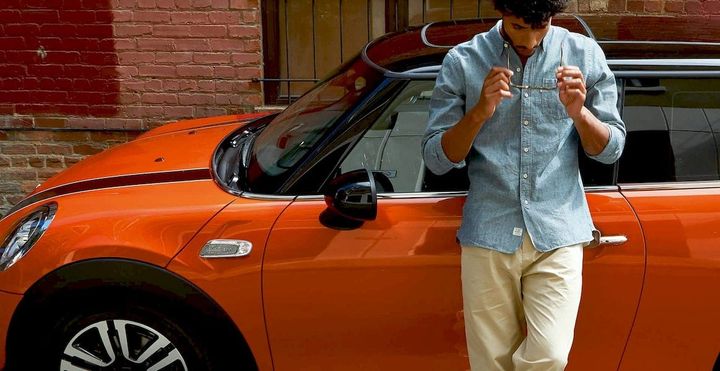
BMW has apparently abandoned their experiment in 3D printed customized parts.
The unique service first appeared in 2018, when BMW allowed clients to customize the cockpit fascia and side scuttles on the MINI vehicle. You could include any reasonable design on these components in order to personalize your MINI.
Today, 2.5 years later, 3D Printing Media Network has accidentally discovered that this service has been discontinued without announcement from BMW. It’s not clear when this happened, but it’s gone nevertheless.
All we have left is the question, “Why?”
That’s something I’ve been pondering and I think I have some possible answers.
The Wrong Thing To Customize
One possible answer is that customizing a car is perhaps the wrong approach. A car should really be a standard configuration due to legal, regulatory, manufacturing, repair, safety and other reasons. There are very limited opportunities to customize a mass-market vehicle such as those from BMW. That’s why they picked two very minor components for customization: if you messed them up, you can’t damage anything.
In retrospect, perhaps these components were so minor and poorly visible few cared to bother customizing them. Would a slightly different-looking side scuttle really say “this is MY car?”
Lack of Creativity
This is the eternal problem in 3D printing: the printing part is easy; the hard part is figuring out what to 3D print. Placing the burden of design on clients is probably not the best idea, because we know that a relatively small proportion of the public are sufficiently skilled in creative tools to produce something to their liking.
Typically the most creative step in acquiring a vehicle is choosing the color from a selection of five available colors. That’s a pretty easy thing to do, but opening up the possibility of “anything” is daunting for most people.
Cost
Let’s face it: BMW vehicles and parts are expensive, and the customization process was likely the same. If an insufficient number of buyers wanted customization, it could be that it was too expensive. That means, the price of customization was more than the perceived value by the customer. Even if BMW had a lower price, they would still have to ensure the perceived value was higher, and that is hard to do on a very minor customization.
Baffled Clients
It’s likely many clients simply didn’t understand what the service was about and ignored it. I suspect this is the case because it’s happened before, many times, in industry.
Each time 3D printing is introduced to a new industry, a 3D printer manufacturer must spend extraordinary efforts and resources to educate that industry on the benefits of the technology. After some years they may finally come around to understand the benefits and dive in.
For consumers buying a vehicle this is likely the same scenario, but on a much smaller scale. Unfortunately, the value of this customization was so small it could not justify BMW spending significant effort to educate customers over time.
Future Vehicle Customization
What does this apparent failure tell us about the future of mass produced car customization? It may be that car manufacturers think twice before instituting similar programs after seeing BMW’s results. That could be for the best, as a car is probably not the most appropriate customization target.
3D printed customization should best target products that allow for far more variability in design, like fashions, jewelry or footwear. Vehicles simply don’t have much that could be customized without getting into one kind of trouble or another.
Via 3D Printing Media Network (Hat tip to Benjamin)
